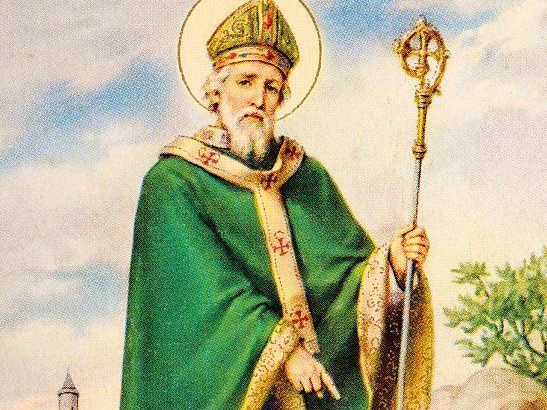It’s almost 1,600 years since St Patrick set foot on Irish soil and transformed the world with the life-giving message of the Gospel. This year, his feastday on March 17 will be noticeable more for the absence of commemoration than any celebrations. Fears around the coronavirus have forced the cancellation of the secular celebrations that mark the day.
In truth these celebrations and parades, usually have little to do with the advent of Christianity and more to do with a generic celebration of Irishness. That’s no harm at all, but the absence of secular celebrations this year might also provide a useful space to reflect on the deeper meaning of March 17 and the unique qualities that Patrick brought to this island.
St Patrick came as an apostle to a barbarous nation and embarked on a revolution of tenderness that brought humility and compassion. His success was phenomenal and Irish missionaries were soon leaving these shores to bring the light of the Gospel to the Dark Ages of continental Europe.
It was a movement that, with various waves, endures to our own day where heroic priests, religious and lay volunteers have gone to the ends of the earth to bring the Gospel to some of the world’s most vulnerable people.
Obviously this St Patrick’s Day is overshadowed by concerns around coronavirus.
This is understandable and reasonable, but it must not lead us to despair. In the long history of the world, God’s people have faced immense and seemingly insurmountable challenges in every generation – and yet endured.
We have an obligation to be prudent – and this means listening to the experts and being guided by the science and data. As people of Faith we also have to trust in God and pray for those working in healthcare and especially for people who are sick, worried or acutely feeling the burden of this difficult time.
Above all, we must avoid the temptation to despair or become overwhelmed at the prospects facing us.


 Michael Kelly
Michael Kelly
